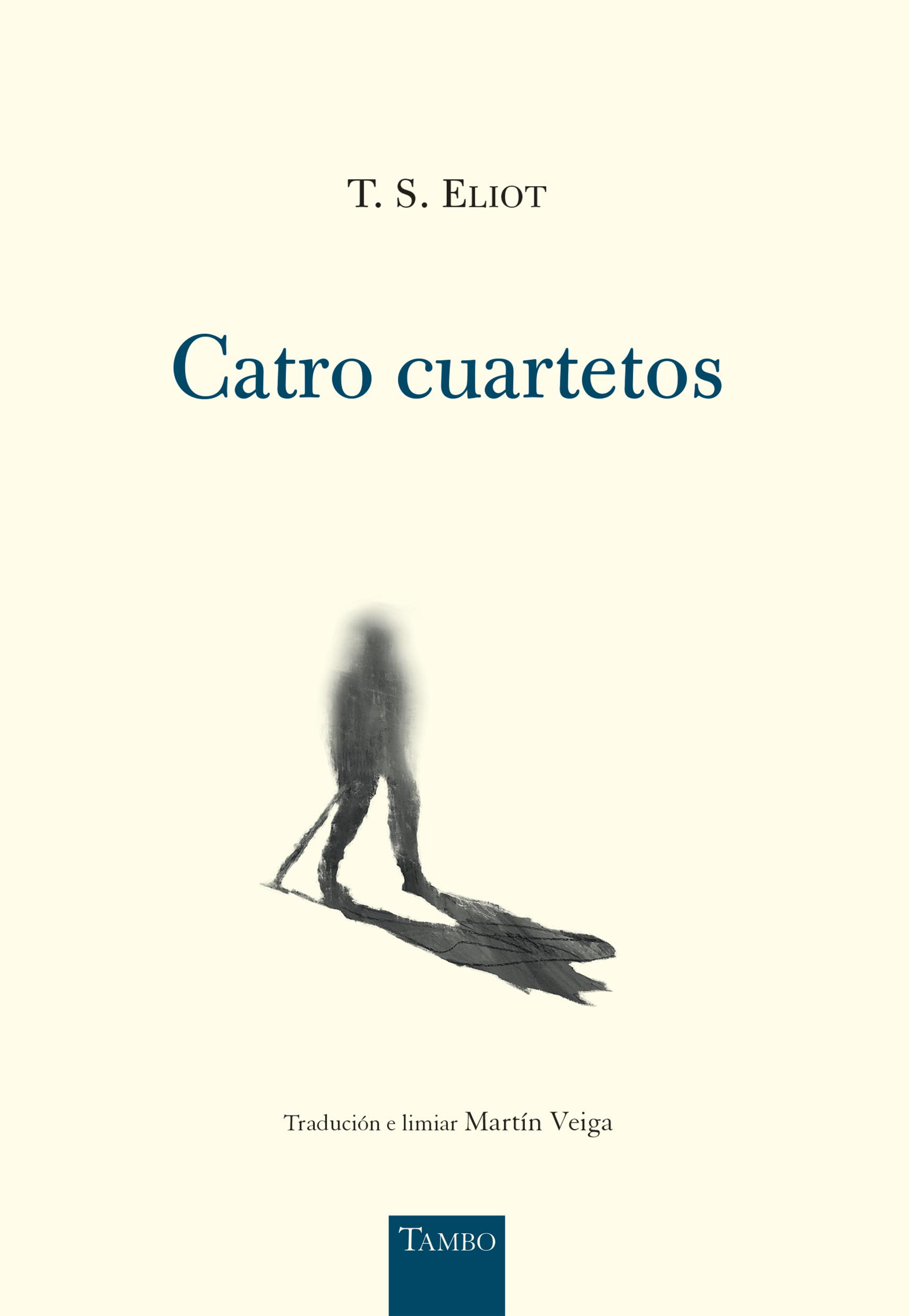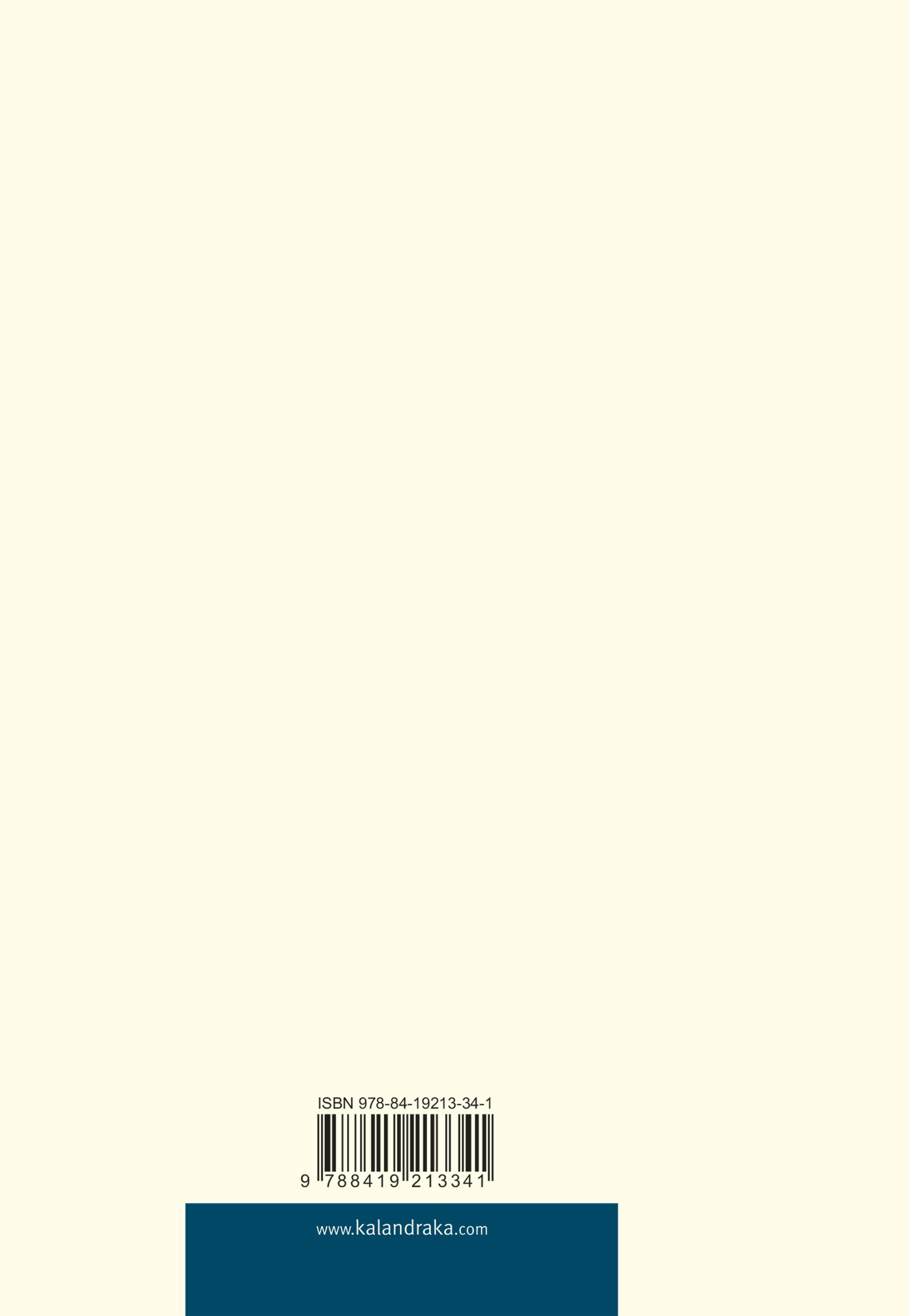
Time present and time past
Are both perhaps present in time future, And time future contained in time past. If all time is eternally present All time is unredeemable.
What might have been is an abstraction
Remaining a perpetual possibility Only in a world of speculation.
What might have been and what has been Point to one end, which is always present.
Footfalls echo in the memory
Down the passage which we did not take Towards the door we never opened Into the rose-garden. My words echo Thus, in your mind.
But to what purpose
Disturbing the dust on a bowl of rose-leaves I do not know.
Other echoes
Inhabit the garden. Shall we follow? Quick, said the bird, find them, find them, Round the corner. Through the first gate, Into our first world, shall we follow The deception of the thrush? Into our first world. There they were, dignified, invisible, Moving without pressure, over the dead leaves, In the autumn heat, through the vibrant air,
I
O tempo presente e o tempo pasado están quizais ambos presentes no tempo futuro, e o tempo futuro contido no tempo pasado. Se todo o tempo é eternamente presente todo o tempo é irredimíbel.
O que puido ser é unha abstracción que fica como posibilidade perpetua só nun mundo de especulación.
O que puido ser e o que foi agoiran unha soa fin, sempre presente. Ecoan pisadas na memoria pola pasaxe que non percorremos cara á porta que nunca abrimos ao xardín de rosas. Así as miñas palabras ecoan na túa mente.
Mais con que propósito perturbar o po nun cunco de pétalos de rosa non o sei. Outros ecos habitan o xardín. Ímolos seguir?
Axiña, dixo o paxaro, atopádeos, atopádeos, ao dobrar a esquina. Polo primeiro portón, cara ao noso primeiro mundo, imos seguir o engano do tordo? Cara ao noso primeiro mundo.
Alí estaban, solemnes, invisíbeis, andaban sen prema, sobre as follas mortas, na calor do outono, a través do aire vibrante,
And the bird called, in response to The unheard music hidden in the shrubbery, And the unseen eyebeam crossed, for the roses Had the look of flowers that are looked at. There they were as our guests, accepted and accepting. So we moved, and they, in a formal pattern, Along the empty alley, into the box circle, To look down into the drained pool. Dry the pool, dry concrete, brown edged, And the pool was filled with water out of sunlight, And the lotos rose, quietly, quietly, The surface glittered out of heart of light, And they were behind us, reflected in the pool. Then a cloud passed, and the pool was empty. Go, said the bird, for the leaves were full of children, Hidden excitedly, containing laughter.
Go, go, go, said the bird: human kind Cannot bear very much reality.
Time past and time future What might have been and what has been Point to one end, which is always present.
e o paxaro cantou, en resposta
á música non ouvida oculta entre os arbustos, e cruzou sen ser visto o alustro do ollo, pois as rosas tiñan o aspecto de flores que son contempladas.
Alí estaban como os nosos hóspedes, acollidos e acolledores. Así que camiñamos con eles, nunha orde ritual, polo paseo baleiro, ata o círculo dos buxos, para ollar o fondo do estanque drenado.
Seco o estanque, seco o cemento, pardo nas beiras, e a auga da luz do Sol encheu o estanque, e erguéronse os lotos, devagar, devagar, a superficie escintilou desde o corazón da luz, e eles estaban detrás nosa, reflectíndose no estanque.
Pasou daquela unha nube, e o estanque baleirouse.
Ide, dixo o paxaro, pois as follas estaban cheas de crianzas, agachadas con emoción, a conter o riso.
Ide, ide, ide, dixo o paxaro: o xénero humano non pode aturar moita realidade.
O tempo pasado e o tempo futuro o que puido ser e o que foi agoiran unha soa fin, sempre presente.

